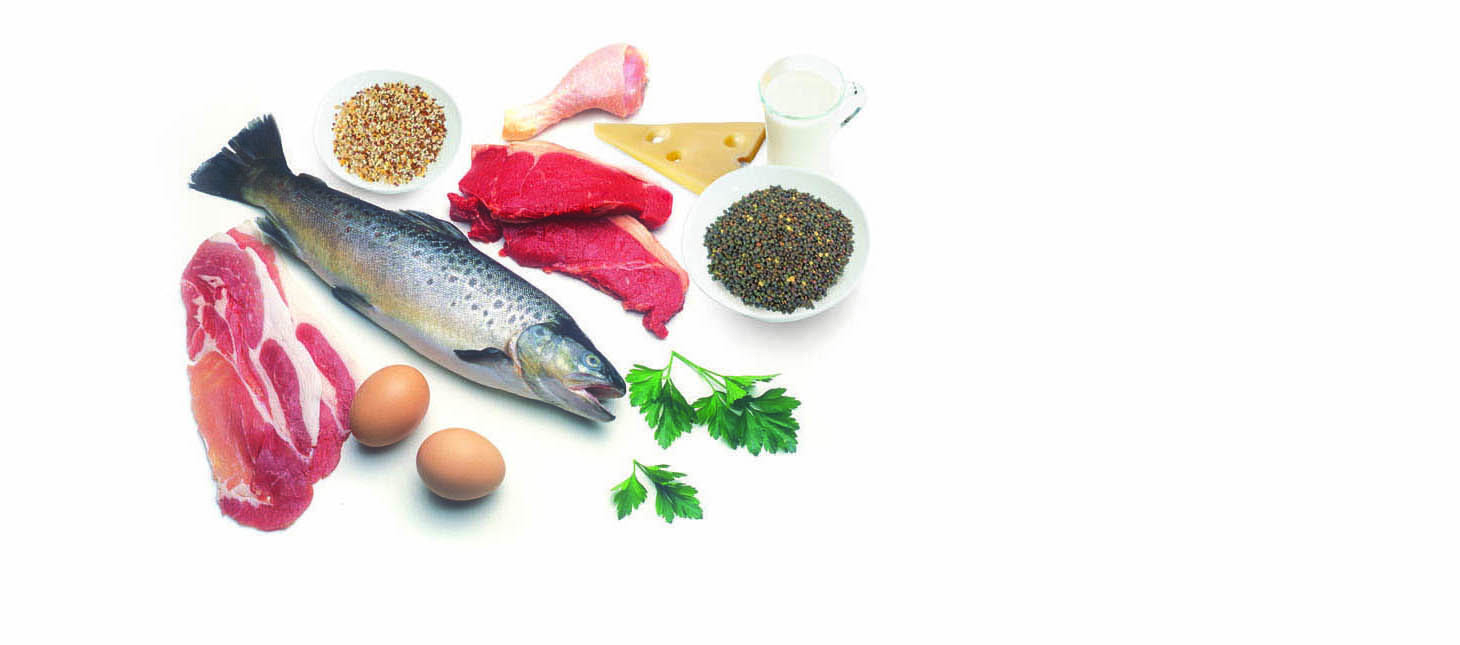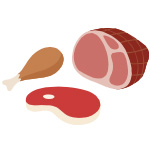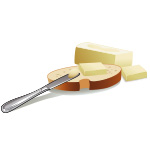Preparations rich in protein
Three questions to find out more about the role of proteins
and why it may sometimes be a good idea to substitute them in traditional menus.

Three questions to find out more about the role of proteins
and why it may sometimes be a good idea to substitute them in traditional menus.

Proteins are considered to be assemblies made up of around twenty amino acids including eight that are regarded as essential.
They have many biological roles; some of them enable cells or organisms to move about or become rigid, travel, anchor or even regulate themselves; others act as watchdogs while others behave rather like enzymes and accelerate chemical transformation processes (see ACN).

Yes. Providing the preparation is carefully selected and still part of a balanced diet.
It should ideally contain essential amino acids in sufficient and well-balanced proportions. The presence of vitamins, minerals and natural fibre is preferable, as these nutrients limit the acidifying effect of protein.

Protein diets have been talked about a lot in recent years, but take care because it is not the proteins themselves that actually cause weight loss.
These proteins are eaten with the sole purpose of slowing down muscle loss caused by the diet. The only thing responsible for the weight loss is a reduced intake of carbohydrates and fat. However, caution is the watchword.
Overconsumption is dangerous for the body and is linked to excess... fat production! So what happens then? At first, the body benefits from the energy intake from proteins. Once basic needs are met, there is nothing else to do with the surplus except turn it into fat and carbohydrates stored in adipose tissue.